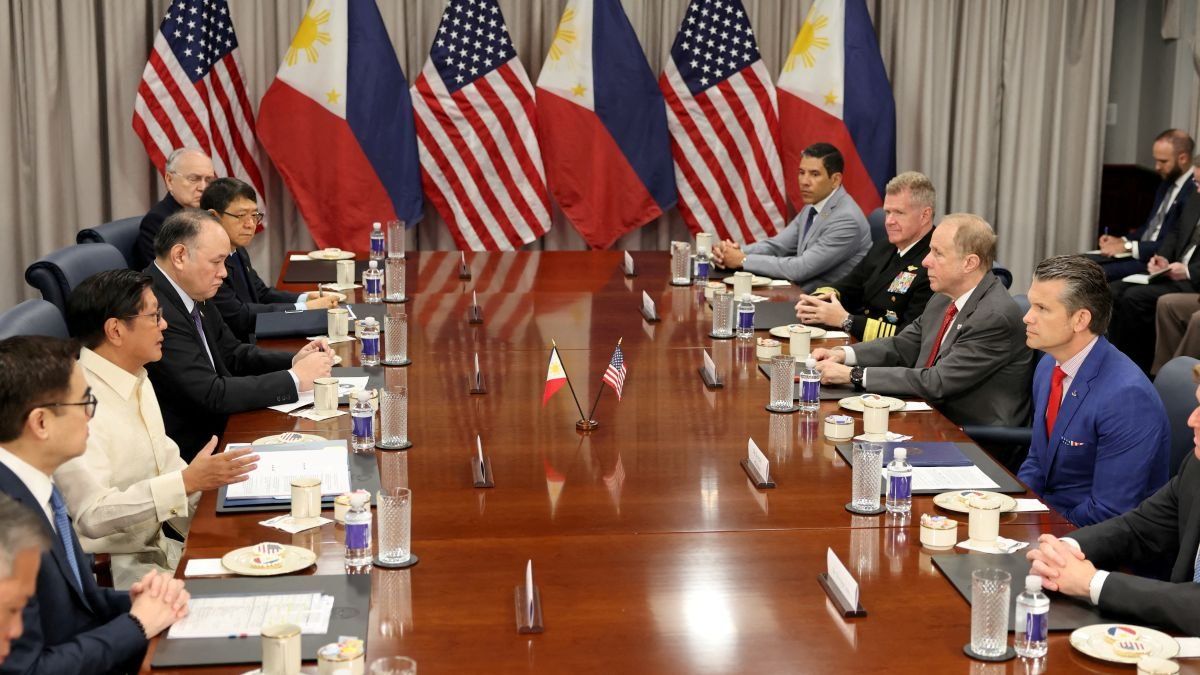Philippine leader visits Trump in search of a trade deal
Philippine President Ferdinand “Bongbong” Marcos Jr. meets US President Donald Trump today to talk trade and security, under threat of 20% tariffs from the US come Aug. 1. Bongbong does have a little leverage, though, given his country’s critical position in the South China Sea. Outside of China itself and a few small Japanese islands, the Philippines is the closest country to Taiwan, and has often confronted Beijing over territorial disputes. The Philippines is also the US’s oldest ally in the Pacific. Will this count for something when it comes to tariff negotiations?
United Kingdom turns to sanctions in latest bid to halt migrant flows
UK Prime Minister Keir Starmer has struggled to stop the flow of small boats bringing asylum seekers to the UK, so he’s turning to a new strategy: sanctioning human traffickers. The idea – which Foreign Secretary David Lammy dubbed as “the first of its kind” – is to target the problem at its root by punishing gang leaders, fake passport dealers, and other groups involved in people smuggling. Downing Street will roll out the full plan on Wednesday. Will the threat of sanctions really be enough to deter profit-seeking criminal organizations or desperate people seeking refuge in the UK?
Ukraine’s government to boost control over anti-corruption investigators
Ukraine’s parliament has
approved President Volodymyr Zelensky’s plan to increase presidential control over the country’s independent anti-corruption investigators. Supporters of the bill say it will prevent domestic opposition forces from using investigations to undermine the political authority of a wartime president and his ministers. Critics say the government wants to avoid legitimate scrutiny of its actions. Ukraine’s G7 allies have already expressed “
serious concerns.” Ukraine has been under martial law, which gives the president expanded powers, since Russia’s full-scale invasion in 2022.
